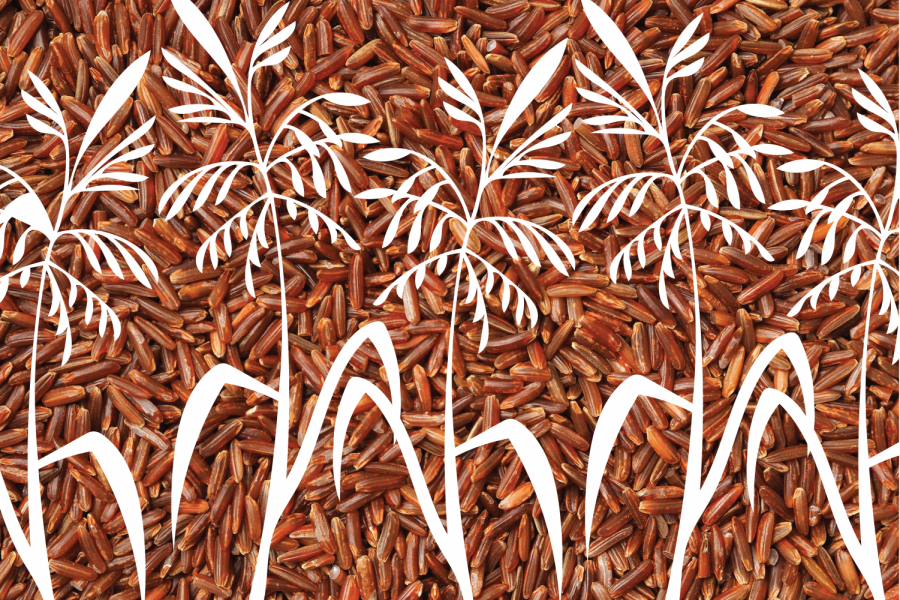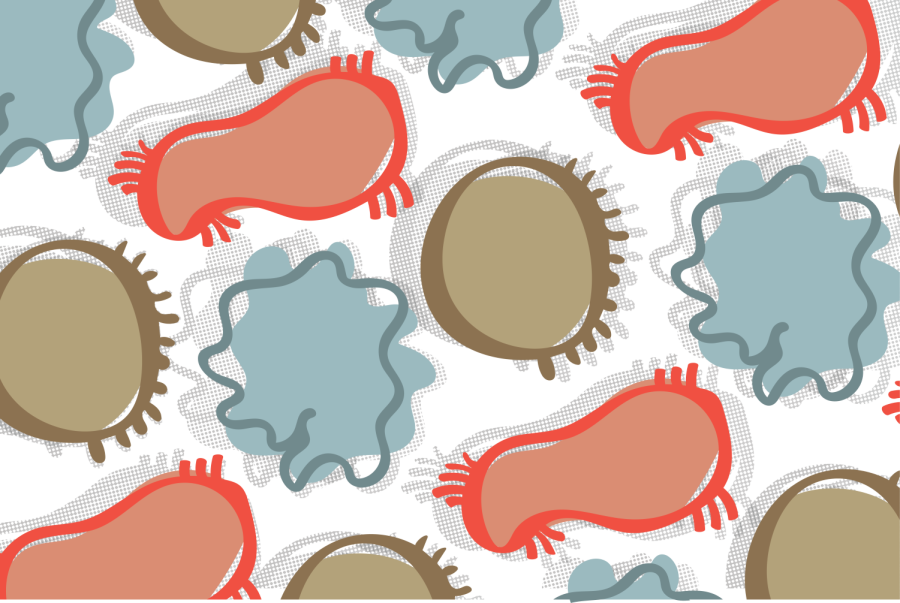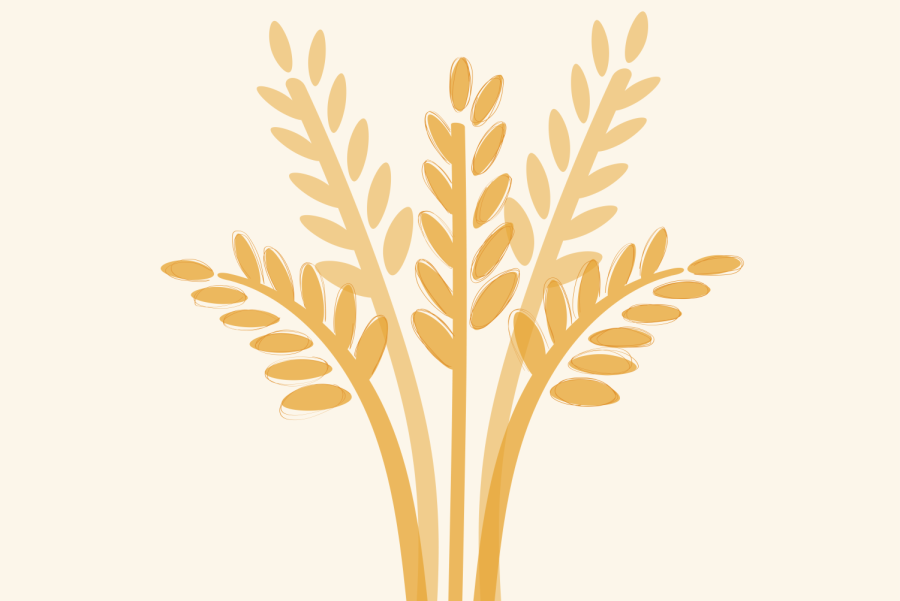For thousands of years, manoomin, also known as wild rice, has been used for food and medicine, and holds cultural and spiritual significance to Indigenous culture that is vital to their food sovereignty.
Yet, previous University of Minnesota research projects on wild rice have faced criticism for exploiting tribal land and not consulting with tribal communities, specifically the Ojibwe people, before conducting research. As a result, researchers in an ongoing project are taking a different approach in working with tribal communities.
The University project received a small grant from the Whiteside Institute for Clinical Research in Duluth to study the potential for wild rice to reduce colon cancer in humans.
The research team consists of family physician Dr. Emily Onello from the University of Minnesota Duluth; Daniel Gallaher, Ph.D, professor and director of Undergraduate Studies in Nutrition at the Twin Cities campus; as well as Lindsey Meder, a University graduate student.
The researchers found that the addition of wild rice to diets showed favorable reductions in the biochemical cancer markers, suggesting that wild rice may reduce the risk of colon cancer.
The study also found that the addition of wild rice also reduced the amount of fat in the liver, which suggests that consumption of wild rice also can reduce the risk of non-alcoholic fatty liver disease, a common cause for liver disease in Americans.
Wild rice is an aquatic plant native to Minnesota, grown and harvested across the entire state. It is different from cultivated rice, as it is not grown artificially in mass quantities as paddies, on a large economic scale; wild rice is lake-harvested and has a small amount of harvesters.
Since Minnesota is one of the largest state producers of wild rice, there have been various wild rice research projects throughout the years at the University.
“We do this work in a way that promotes respect for manoomin and the traditional knowledge, so that we can raise awareness of all Minnesotans about the valuable plant,” Onello said.
According to the Minnesota Department of Health, Indigenous people have the highest mortality and diagnosis rate for colon cancer in the state. While they already have a relationship to the grain, Onello said this research will uncover potential ways to decrease the risk of colon cancer.
Traditional Ecological Knowledge, also referred to as TEK, is defined as Indigenous and traditional knowledge about natural resources incorporated into environmental science practices.
Fond du Lac reservation museum director Jeff Savage met with environmental staff when creating the health impact statement on the effects of wild rice water quality and tribal health.
“I hope the project shows that even using western style research, the importance of wild rice in a diet is healthy and a medicine as the Anishinaabe have known all along,” Savage said.
Onello said even though the project does not have a tribal partner, they keep tribes informed, provide periodic updates, and open up input to them. Researchers have also connected with band members, including purchasing the wild rice used in the study from Spirit Lake Native Farms, which produces products made by federally recognized tribes.
“Manoomin is significant as a multi -generational family cultural harvesting legacy, of at least 7 generations of oral harvest stories of family harvests,” Savage said. “It is a cultural treaty right to procure food from the treaty territory which is our right and responsibility.”
In addition, the continued harvesting of manoomin by non-natives, the construction of pipelines and environmental issues with water quality, climate change and land use changes negatively affect the abundance of wild rice.
According to Gallaher, the acreage of wild rice has declined. “There isn’t as much as there used to be,” he said. “Development, building cabins on lakes, and the contamination of water with sulfate (SO4) are worrisome.”
Onello said she is hopeful that the new findings will inform the scientific community and the public about the significance of wild rice and its need for protection.
To examine its health benefits, the research team used an animal model of rats and fed them three diet types: healthy, high fat and high fat with manoomin.
Because colon cancer takes many years to develop in people, animal models were used.
Onello explained that although there is not a good screening blood test for colon cancer in humans, they were able to perform other types of screening tests.
“In the study we wanted to look for early signs that colon cancer was developing,” Onello said. “These early signs are called ‘markers’ and can indicate the onset of microscopic changes that can lead to cancer.”
To further investigate the health benefits, the team is hoping to receive more funding to look deeper into how and why wild rice prevents colon cancer and non-alcoholic fatty liver disease.



















